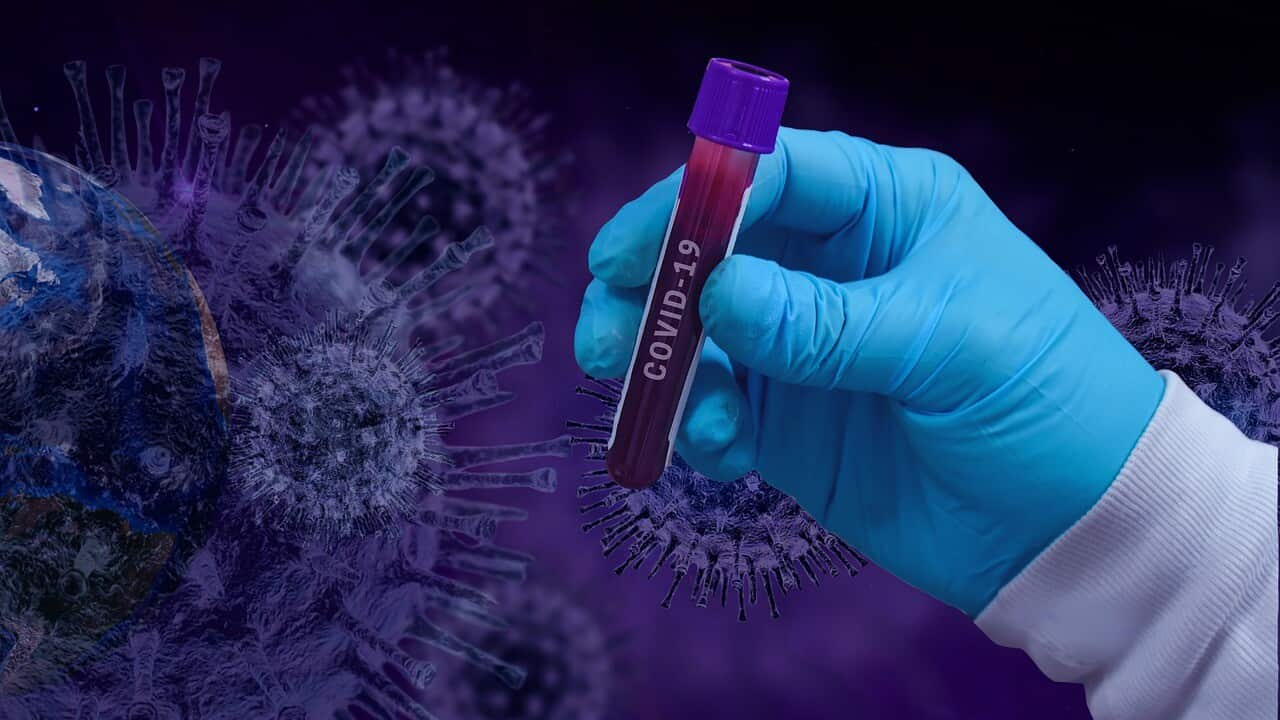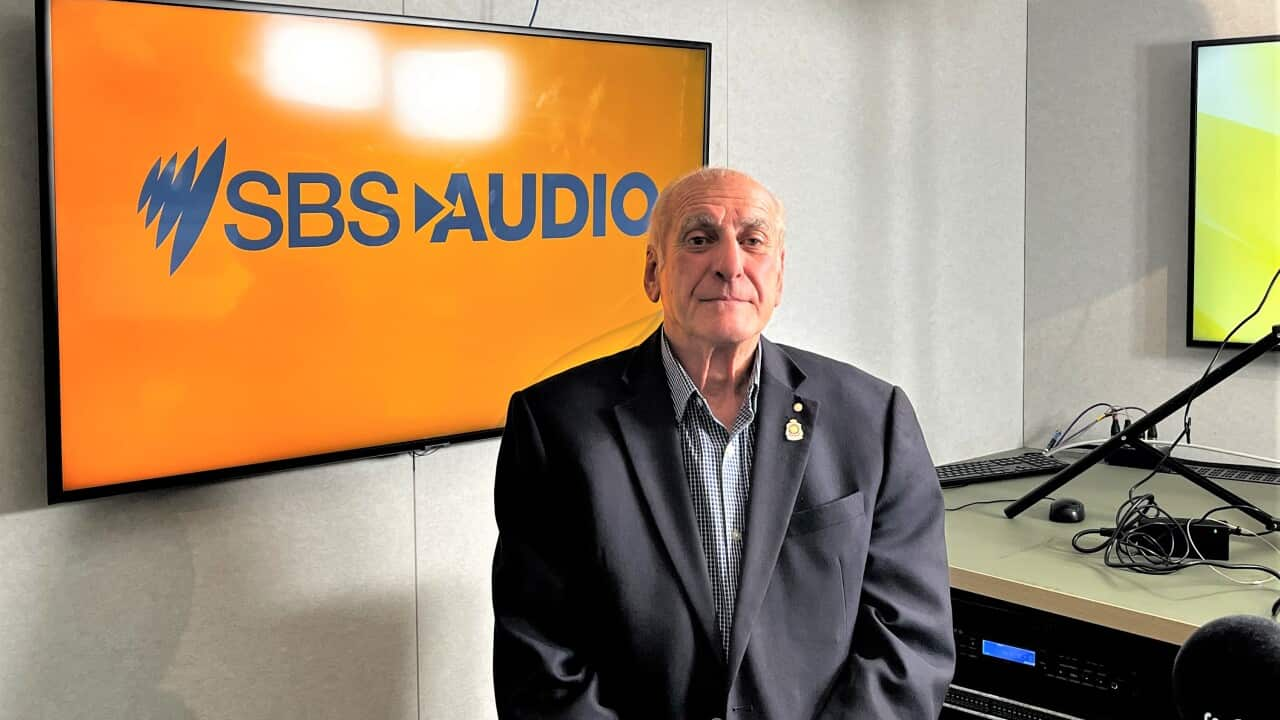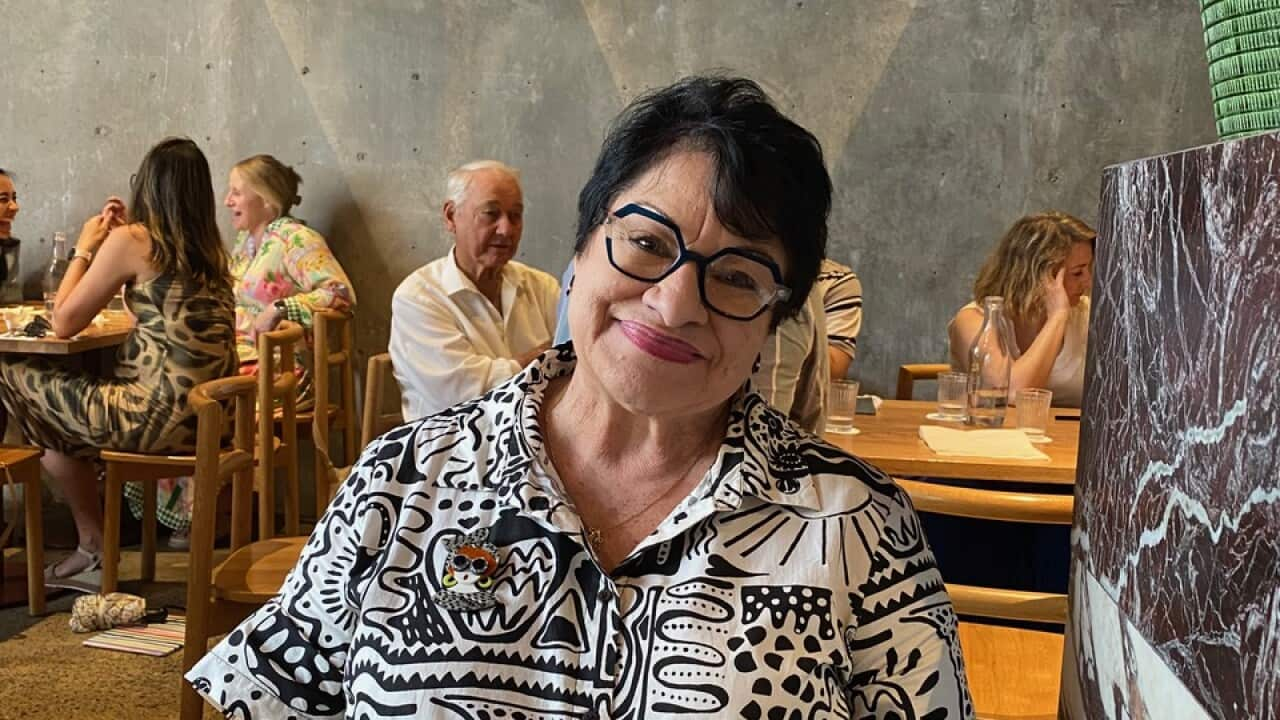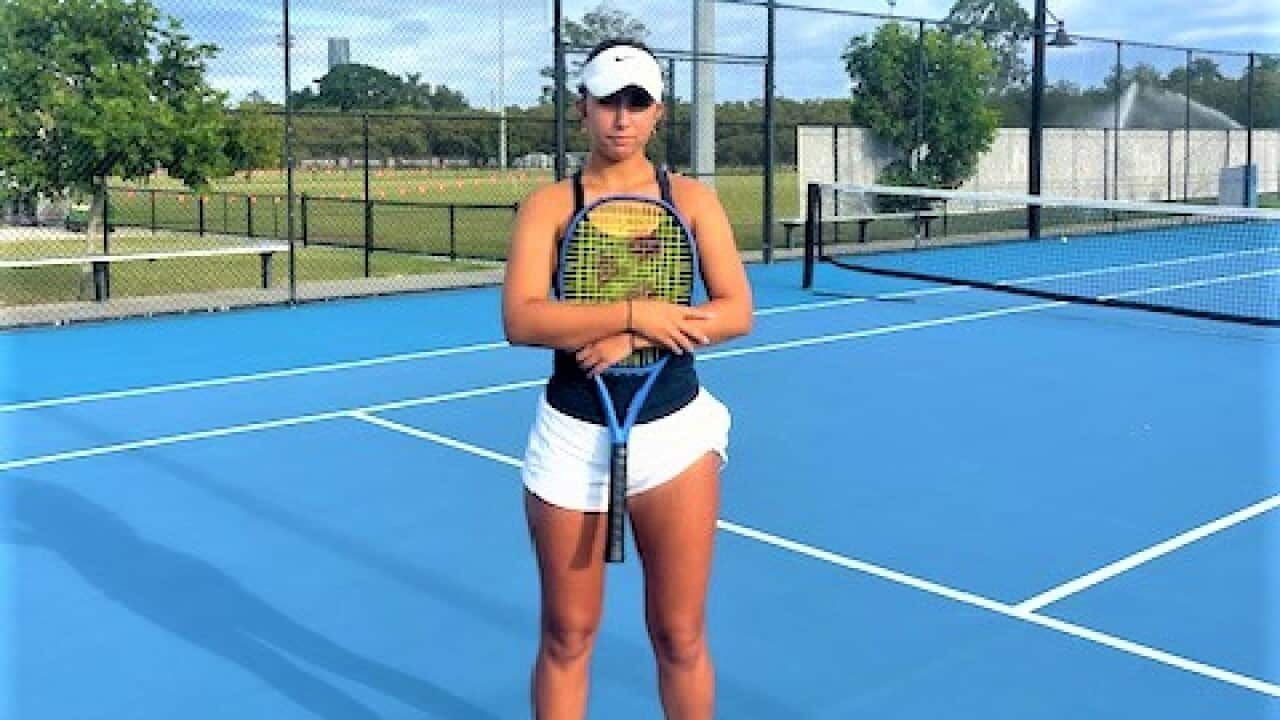The first human vaccine against coronavirus is being tested at the University of Oxford. The ChAdOx1 nCoV-19 vaccine was initially given to only two volunteers. In fact, one of theam is from Australia. Edward o'Neill moved from Sydney to the United Kingdom two years ago to participate in radiation oncology research. He is now essentially offering his body to science in order to find an effective vaccine against COVID-19.
It is very surreal to think that my body and literally my shoulder, my left shoulder, can lift the weight of the world and the United Kingdom, he said.
The second volunteer is scientist Elisa Granato, who says she is excited to be trialling the vaccine. To date, up to 100 potential COVID-19 vaccines have been developed by biotechnology and research teams around the world, and at least five of them are in preliminary Phase 1 clinical trials.
The World Health Organization (WHO) has announced a "milestone partnership" to accelerate the development, production and use of safe, effective drugs, tests and vaccines that will prevent, diagnose and treat Covid-19 disease. A laconic statement said the initiative was aimed at making technologies against the new corona:
accessible to those who need them, worldwide.
The United States says it might never be able to restore the cut funding for WHO. US Secretary of State Mike Pompeo said it was not the first time the World Health Organization had failed to do what it needed to do before the pandemic broke out worldwide.
Finally, US President Donald Trump left journalists and scientists speechless when he wondered in a recent press conference whether sunbathing and disinfectant injections could cure coronavirus.
ΔΙΑΒΑΣΤΕ ΚΑΙ ΑΚΟΥΣΤΕ ΑΚΟΜΑ

Does coronavirus avoid smokers?
ΔΙΑΒΑΣΤΕ ΚΑΙ ΑΚΟΥΣΤΕ ΑΚΟΜΑ
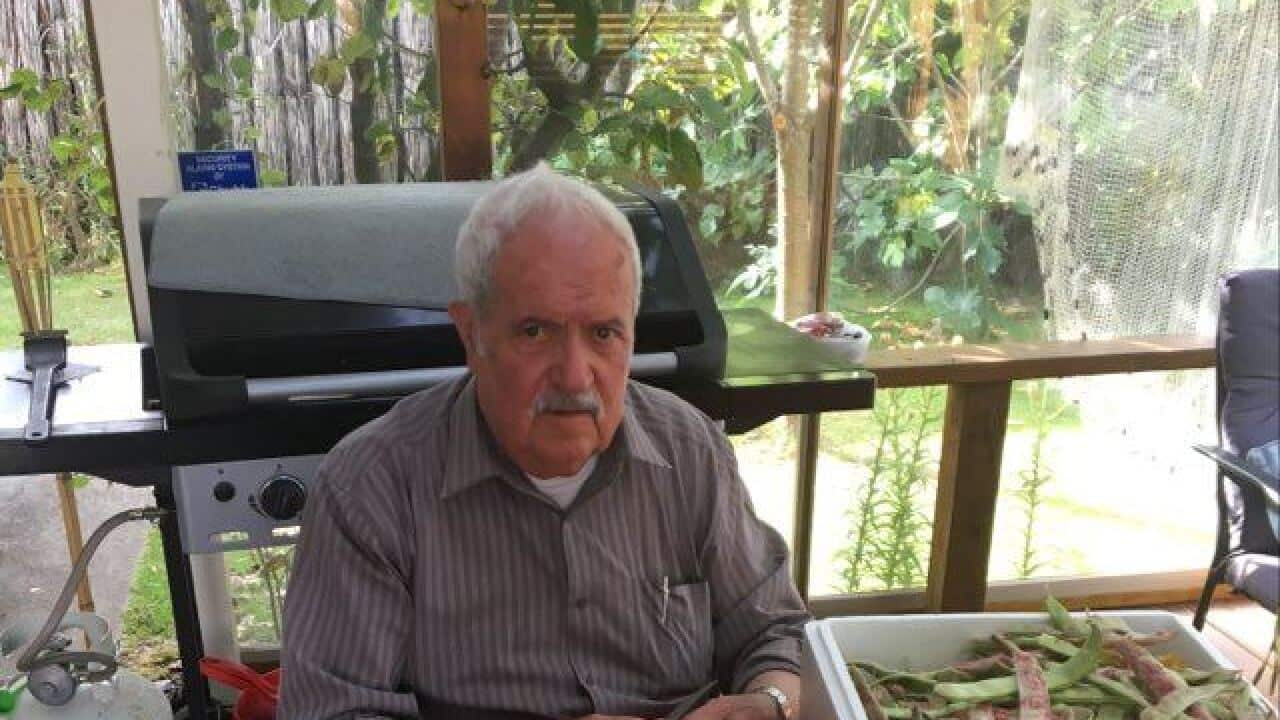
Migrant from Crete dies from coronavirus in New Zealand
This podcast is available in Greek
